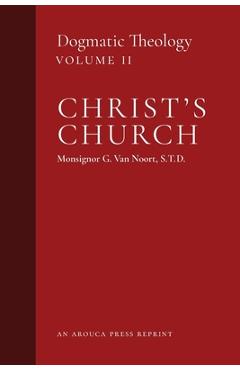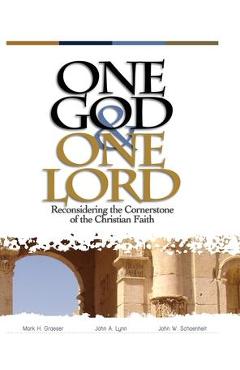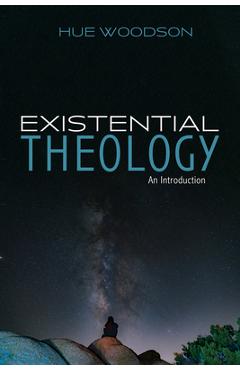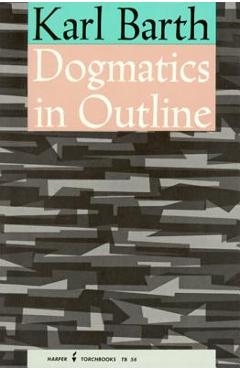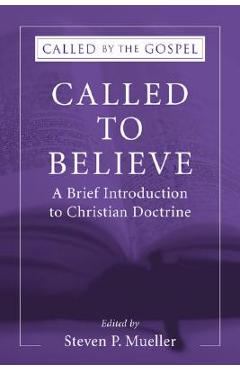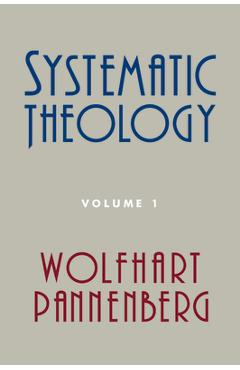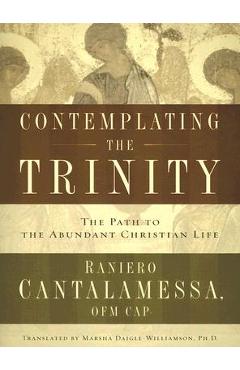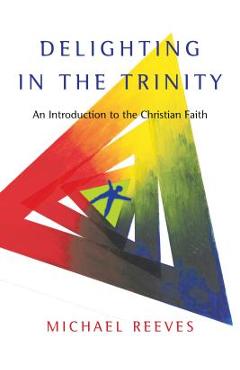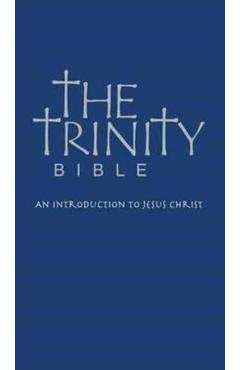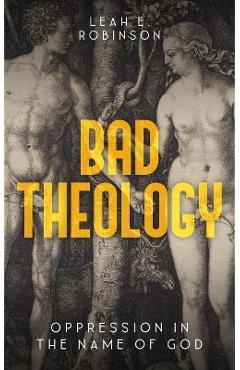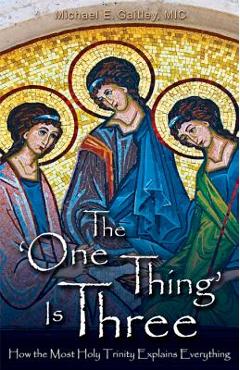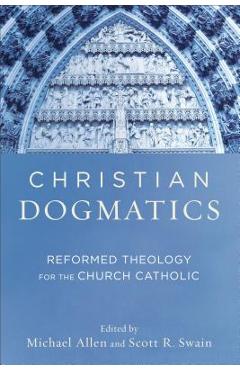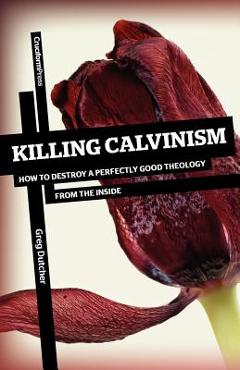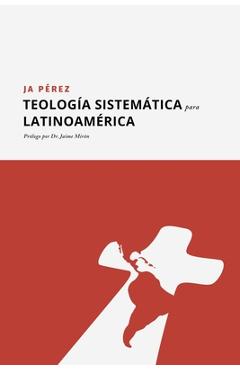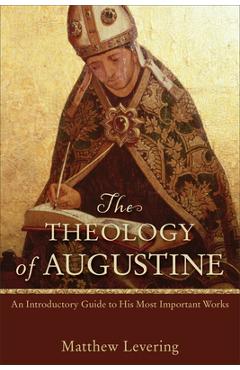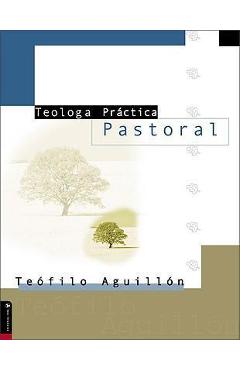Intellectual Appetite a Theological Grammar
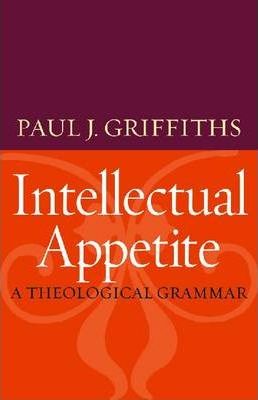
Intellectual Appetite a Theological Grammar
ABOUT THE AUTHOR:
Paul J. Griffiths is Warren Chair of Catholic Theology at Duke Divinity School. He has held academic positions at the University of Notre Dame, University of Chicago, and the University of Illinois at Chicago. He has published eight books as sole author, and seven more as co-author or editor, among which the most recent are Reason and the Reasons of Faith with Reinhard Hütter and Lying: An Augustinian Theology of Duplicity. PRAISE FOR THE BOOK: "[A]n extended meditation on the pursuit of knowledge."--Beth Haile, Theological Studies "[A] very intelligent book by someone who has thought deeply and humbly about the Christian life. Centuries ago St. Peter Damian said that Christ was his grammar. Paul Griffiths helps us to u
PRP: 244.93 Lei
Acesta este Pretul Recomandat de Producator. Pretul de vanzare al produsului este afisat mai jos.
220.44Lei
220.44Lei
244.93 LeiLivrare in 2-4 saptamani
Descrierea produsului
ABOUT THE AUTHOR:
Paul J. Griffiths is Warren Chair of Catholic Theology at Duke Divinity School. He has held academic positions at the University of Notre Dame, University of Chicago, and the University of Illinois at Chicago. He has published eight books as sole author, and seven more as co-author or editor, among which the most recent are Reason and the Reasons of Faith with Reinhard Hütter and Lying: An Augustinian Theology of Duplicity. PRAISE FOR THE BOOK: "[A]n extended meditation on the pursuit of knowledge."--Beth Haile, Theological Studies "[A] very intelligent book by someone who has thought deeply and humbly about the Christian life. Centuries ago St. Peter Damian said that Christ was his grammar. Paul Griffiths helps us to u
Detaliile produsului










